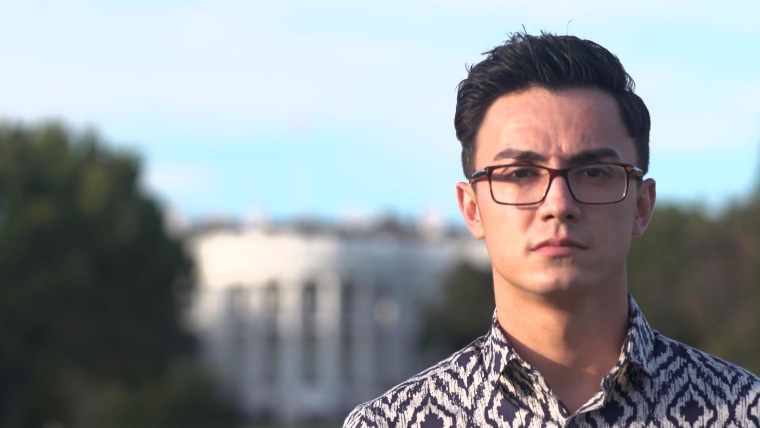WASHINGTON — On his way out the door, Secretary of State Mike Pompeo has hit China with new sanctions by declaring that China’s policies on Muslims and ethnic minorities in western Xinjiang Province constitute a “genocide.”
Pompeo made the determination on Tuesday just 24 hours before President-elect Joe Biden takes office. There was no immediate response from the incoming Biden team, although several members have been sympathetic to such a designation in the past. Pompeo’s determination does not come with any immediate repercussions.
Many of those accused of having taken part in repression in Xinjiang are already under U.S. sanctions, and Tuesday’s move is the latest in a series of steps the outgoing Trump administration has taken against China.
Since last year, the administration has steadily ramped up pressure on Beijing, imposing sanctions on numerous officials and companies for their activities in Taiwan, Tibet, Hong Kong and the South China Sea.
Those penalties have gotten harsher since the beginning of last year when President Donald Trump and Pompeo began to accuse China of trying to cover up the coronavirus pandemic. Just on Saturday, Pompeo lifted restrictions on U.S. diplomatic contacts with Taiwanese officials, prompting a stern rebuke from China, which regards the island as a renegade province.
Download the NBC News app for breaking news and politics
Five days ago, the administration announced it would halt imports of cotton and tomatoes from Xinjiang with Customs and Border Protection officials saying they would block products from there suspected of being produced with forced labor.
Xinjiang is a major global supplier of cotton, so the order could have significant effects on international commerce. The Trump administration has already blocked imports from individual companies linked to forced labor in the region, and the U.S. has imposed sanctions on Communist Party officials with prominent roles in the campaign.
China has imprisoned more than one million people, including Uighurs and other mostly Muslim ethnic groups, in a vast network of concentration camps, according to U.S. officials and human rights groups. People have been subjected to torture, sterilization and political indoctrination in addition to forced labor as part of an assimilation campaign in a region whose inhabitants are ethnically and culturally distinct from the Han Chinese majority.
China has denied all the charges, but Uighur forced labor has been linked by reporting from The Associated Press to various products imported to the U.S., including clothing and electronic goods such as cameras and computer monitors. China says its policies in Xinjiang aim only to promote economic and social development in the region and stamp out radicalism. It also rejects criticism of what it considers its internal affairs.
Source: | This article originally belongs to Nbcnews.com











